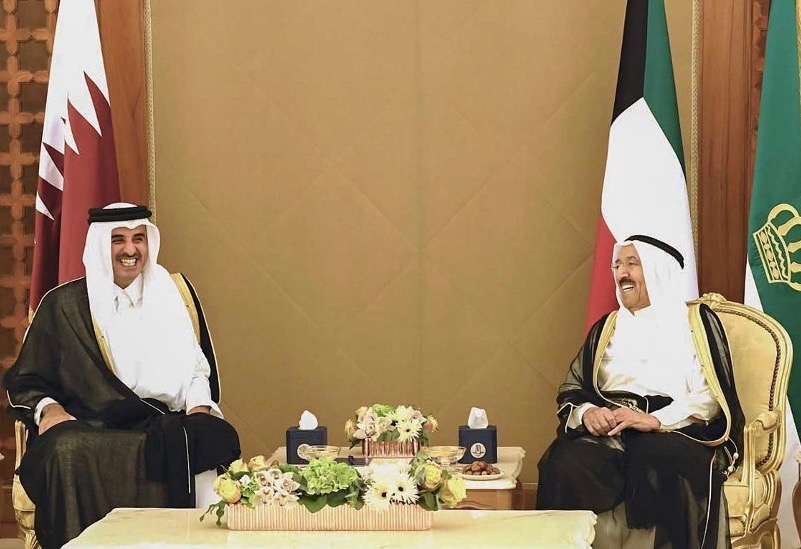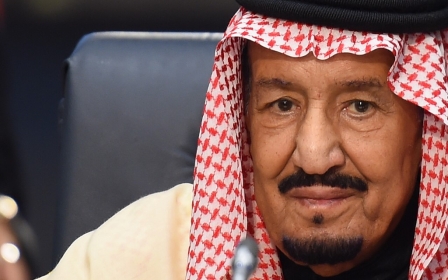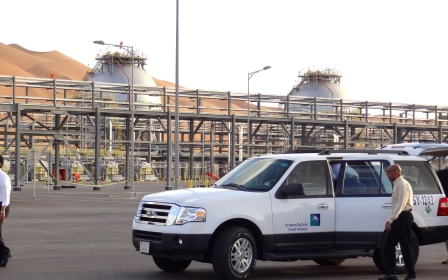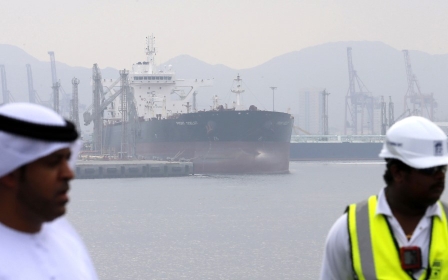Qatar says Saudi Arabia has invited it to emergency Arab summits in Mecca

Qatar has been invited by Saudi Arabia to attend two emergency Arab summits being convened in the Saudi city of Mecca on 30 May, Qatar's Foreign Ministry said in a statement on Sunday, after previously saying it had not been asked.
Last week, Qatar said it had not been invited to the two summits Saudi is planning in Islam's holiest site to discuss the implications of drone strikes on oil installations in the kingdom and attacks on four vessels, including two Saudi oil tankers, off the UAE coast earlier this month, Reuters said.
Saudi Arabia, the United Arab Emirates, Bahrain and Egypt have imposed an economic and diplomatic boycott on Qatar since June 2017 over allegations that Doha supports terrorism and is cosying up to regional foe Iran. Qatar denies the charges.
Qatar's Emir Sheikh Tamim bin Hamad al-Thani received the invitation from Saudi King Salman bin Abdulaziz Al-Saud to attend the summit of Gulf Arab rulers and a wider meeting of Arab leaders, the Qatari Foreign Ministry said.
New MEE newsletter: Jerusalem Dispatch
Sign up to get the latest insights and analysis on Israel-Palestine, alongside Turkey Unpacked and other MEE newsletters
The invitation and a letter were passed to Qatar by the head of the Gulf Cooperation Council, the statement said, without saying whether Qatar would accept it.
In January, Qatar's foreign minister voiced his country's readiness to discuss a possible means of resolving the ongoing crisis in inter-Arab relations, "without preconditions", according to the Daily Sabah.
Saudi Arabia has accused Iran of ordering the drone strikes, for which Yemen's Iran-aligned Houthis claimed responsibility.
The kingdom said that while it did not want war in the region, it was ready to respond strongly. The UAE has not blamed anyone for the sabotage of the tankers, pending an investigation, and said it was committed to de-escalation.
Iran has denied it carried out either attack.
Tensions have recently soared in the Gulf with the US deploying an aircraft carrier and bombers to the region over alleged threats from Iran.
The UAE has said that the current "critical circumstances" in the region require a "unified Arab and Gulf stance".
Middle East Eye delivers independent and unrivalled coverage and analysis of the Middle East, North Africa and beyond. To learn more about republishing this content and the associated fees, please fill out this form. More about MEE can be found here.




